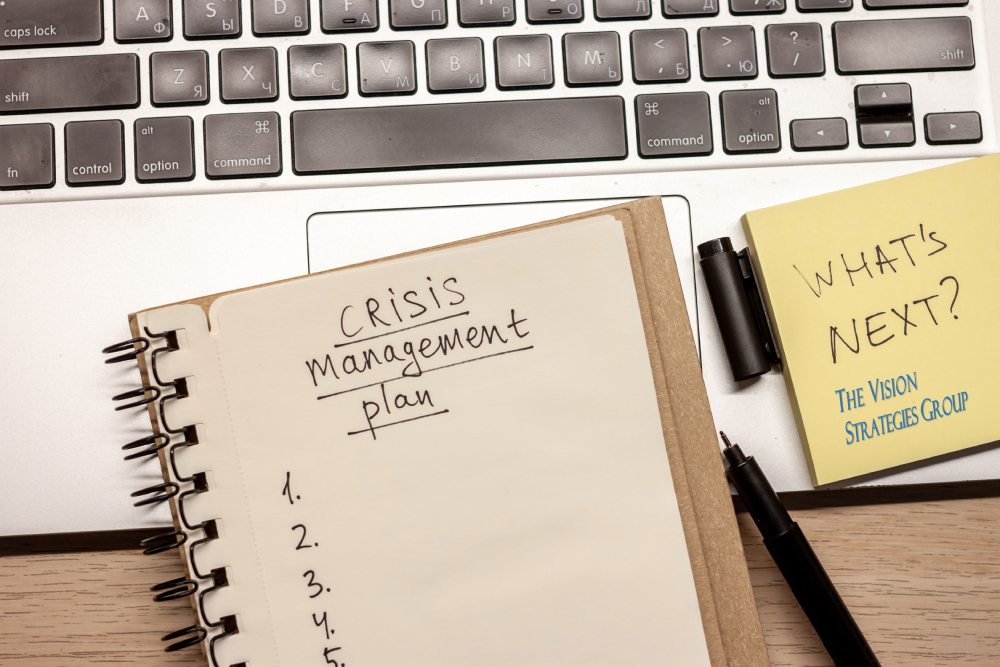


CRISIS MANAGEMENT TRAINING
The most vital stage of your crisis plan occurs before the problem exists. Our approach to a Crisis is “Better to have a plan and not need it, than to need a plan and not have it”. You can never be too prepared for a Crisis, anything that could negatively influence your business’s reputation or bottom line constitutes a crisis. It is important to anticipate a crisis and take precautionary measures. Preparing in advance is a powerful way to protect your reputation. Our experienced professionals can help you prepare a customized comprehensive plan.
A professional response coupled with smart brand management and ORM (Online Reputation Management), can significantly reduce the impact of a crisis. Having an Action Plan is certainly critical, however, being familiar with it is even more critical. When, not if, a Crisis occurs, they very often catch you unprepared and at a time least expected. Our Crisis Plan approach not only include various steps and processes, but a comprehensive approach, taking the time to walk you through scenarios including handling Social Media, the Press, Stakeholders, and all others that are directly and indirectly connected to your organization.
A crisis disrupts business operations, threatens to harm people, damages your reputation, and can negatively impact your finances. Before the internet, crisis management was confined to traditional media like broadcast, radio, print and press releases. While those strategies may have been sufficient in the past, they are not equipped to manage the most ubiquitous information source on the planet: Google. To effectively manage a crisis in the digital age and reduce reputation damage, organizations must also have an extensive understanding of SEO (Search Engine Optimization) principles.
Brand Monitoring
Google Alerts is an essential tool for keeping up with online mentions, and it’s free to use! Don’t limit yourself to only receiving notifications for your company’s name. Cast a wider net by setting alerts for such things as site names and key employee names. Contact us for a free list of reputation monitoring tools you can use. Social monitoring is also a critical component of most crisis management strategies. While Google Alerts is excellent for warning you about negative content, your customers may post criticism on social networks that could go undetected. Many social media monitoring tools are free, but there are also plenty of white glove services available at a cost. When a crisis breaks, most of your team’s activities will fall into two broad areas: resolving problems that led to the situation and communicating internally and externally about the actions you are taking. You will also need to keep all your employees, stakeholders, and suppliers in the loop throughout this process. Maintain regular correspondence and keep them updated on any new developments to retain some control over the situation. You don’t want them to receive any news from outside sources before first hearing about it directly from you. Proper crisis communication will preserve their trust in you and keep a lid on rumors.At A Minimum, Your Crisis Plan Should Contain the Following:
- Have a plan.
- Identify a spokesperson.
- Be honest and open.
- Keep employees informed.
- Communicate with customers and suppliers.
- Update early and often.
- Don’t forget social media.
